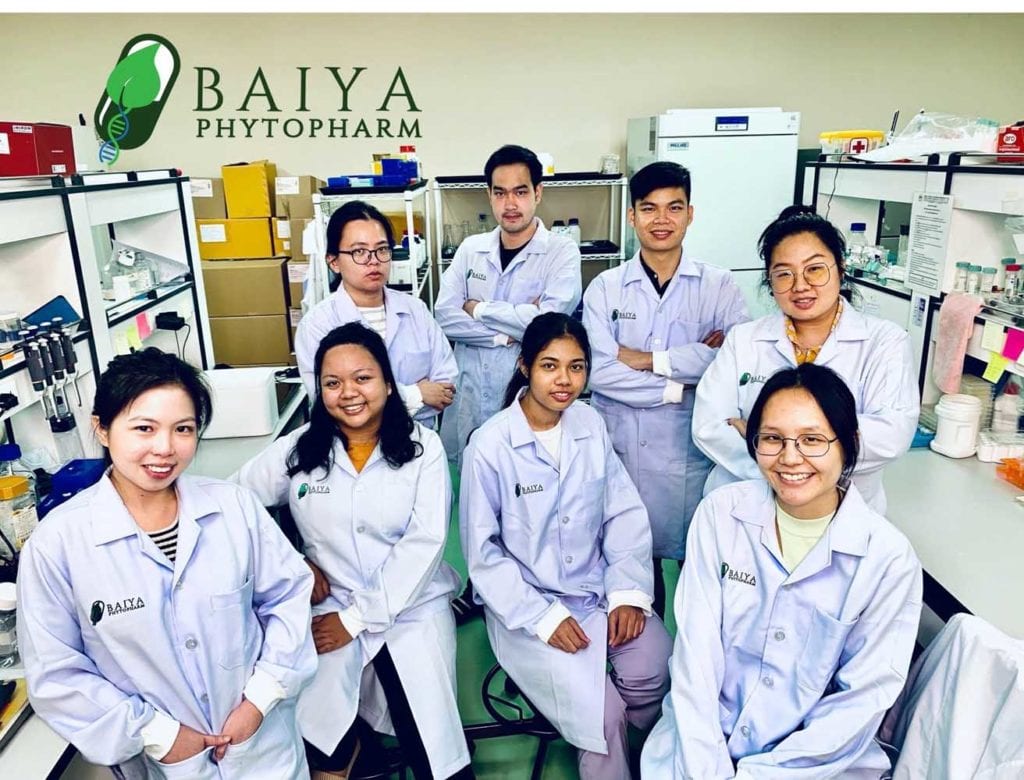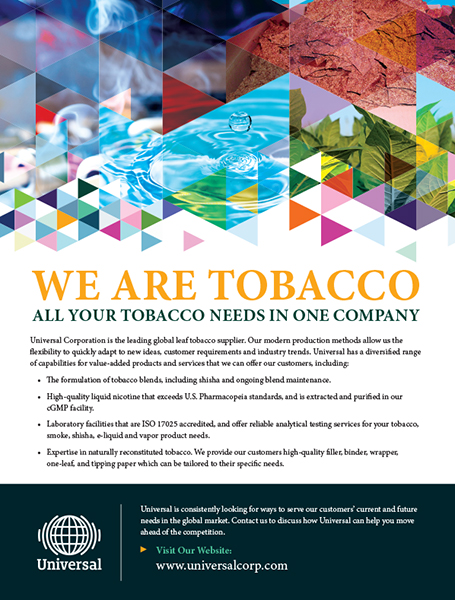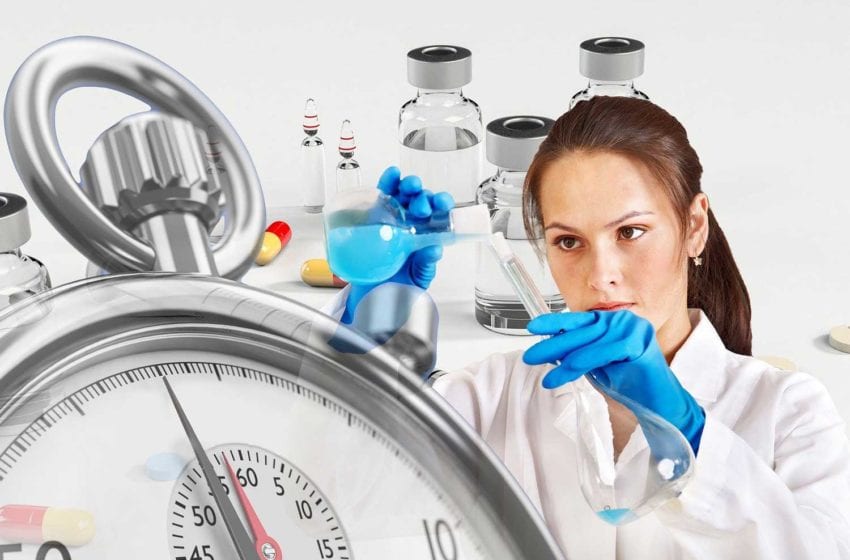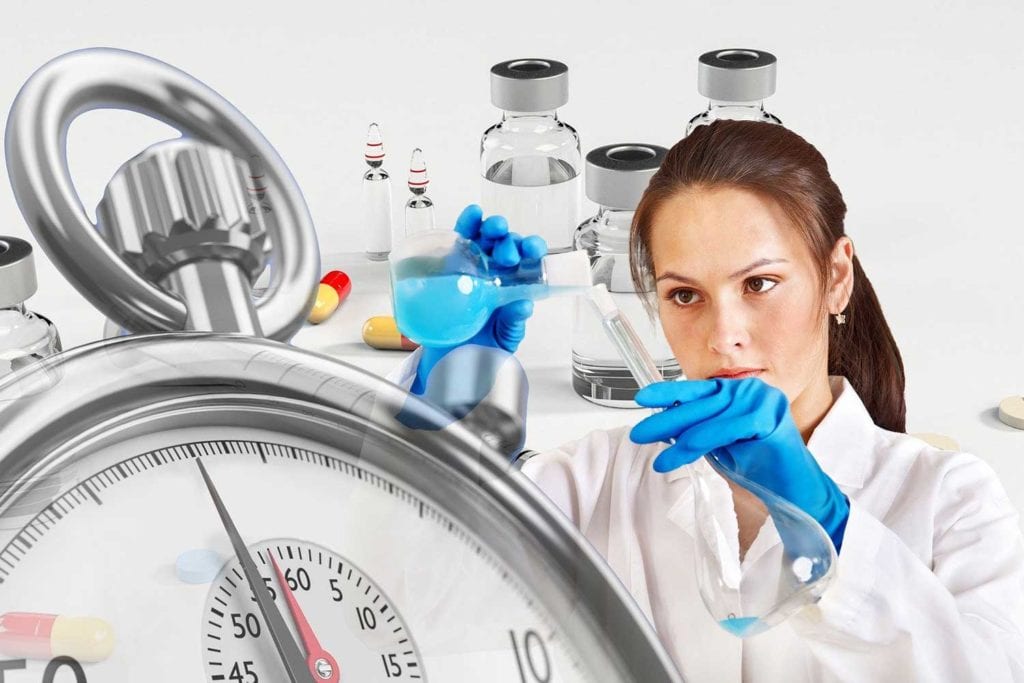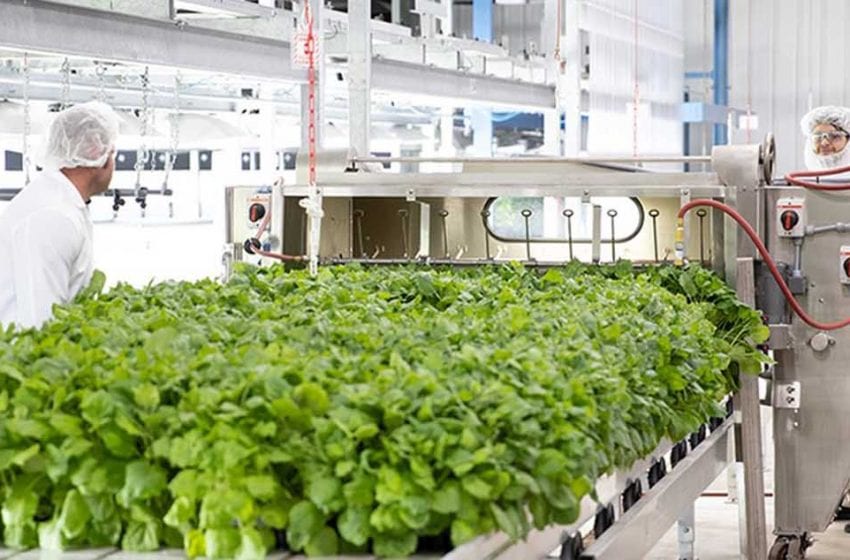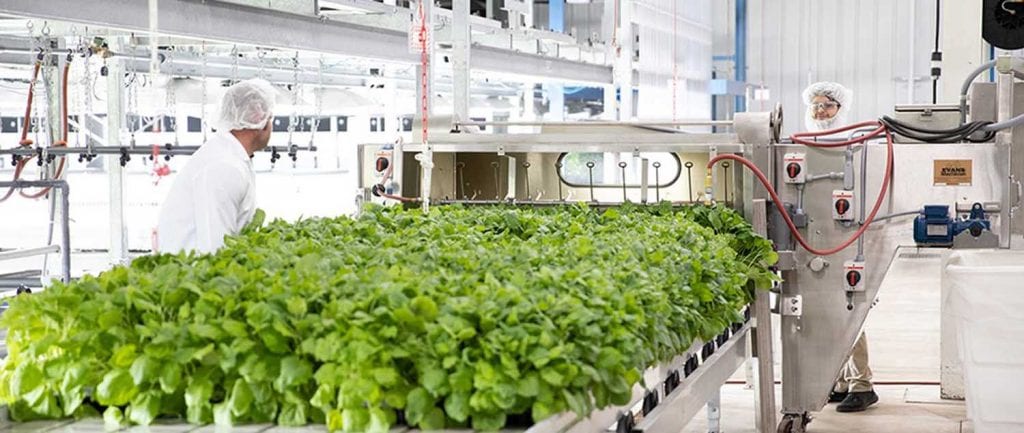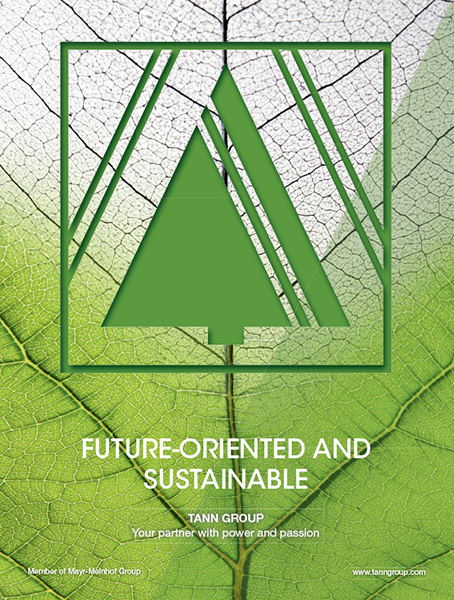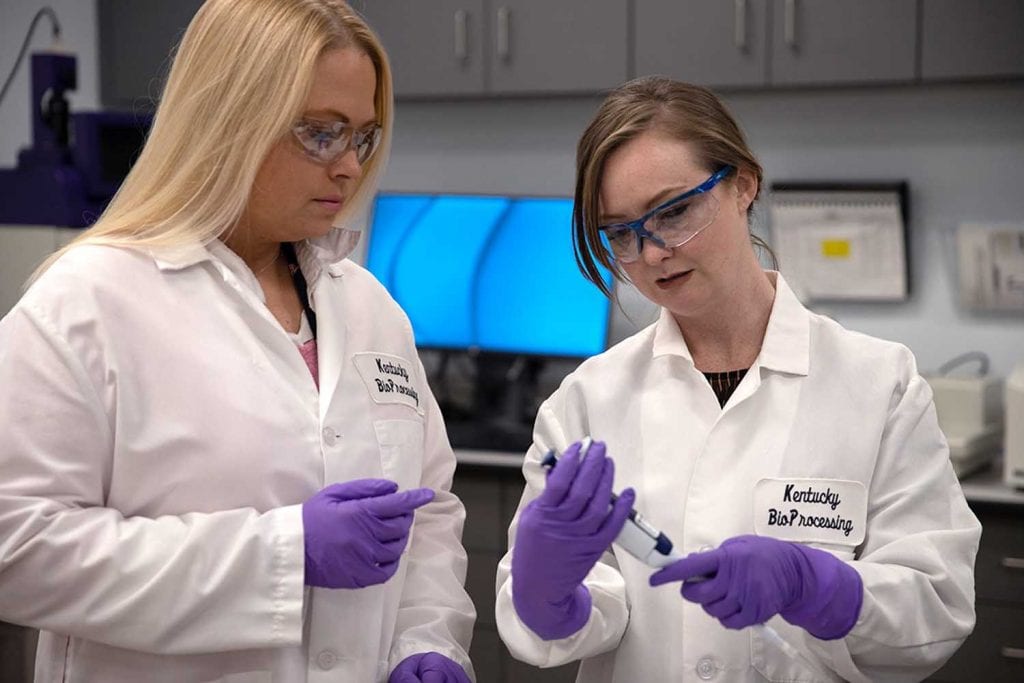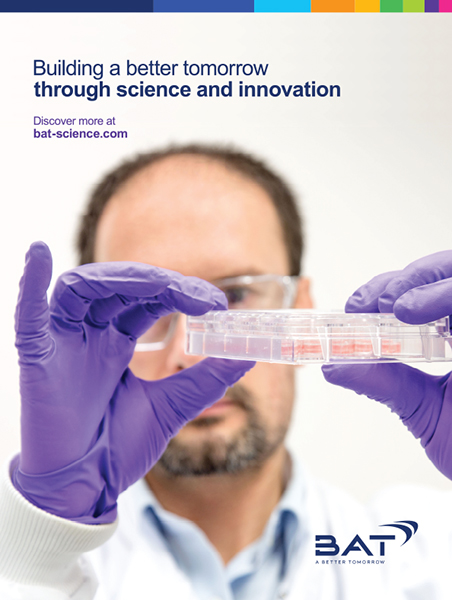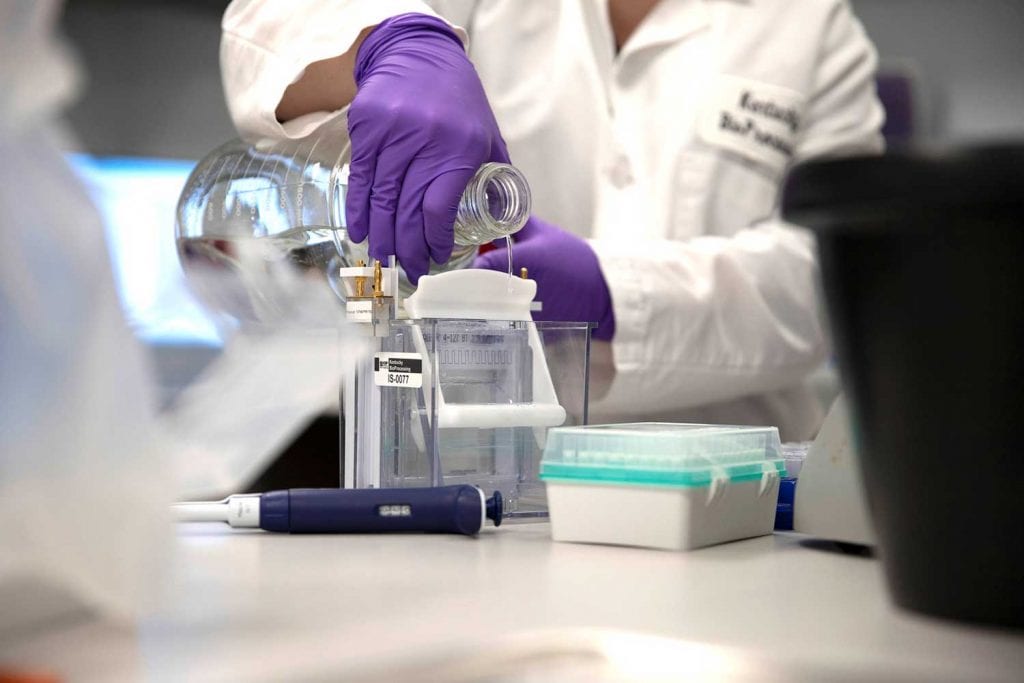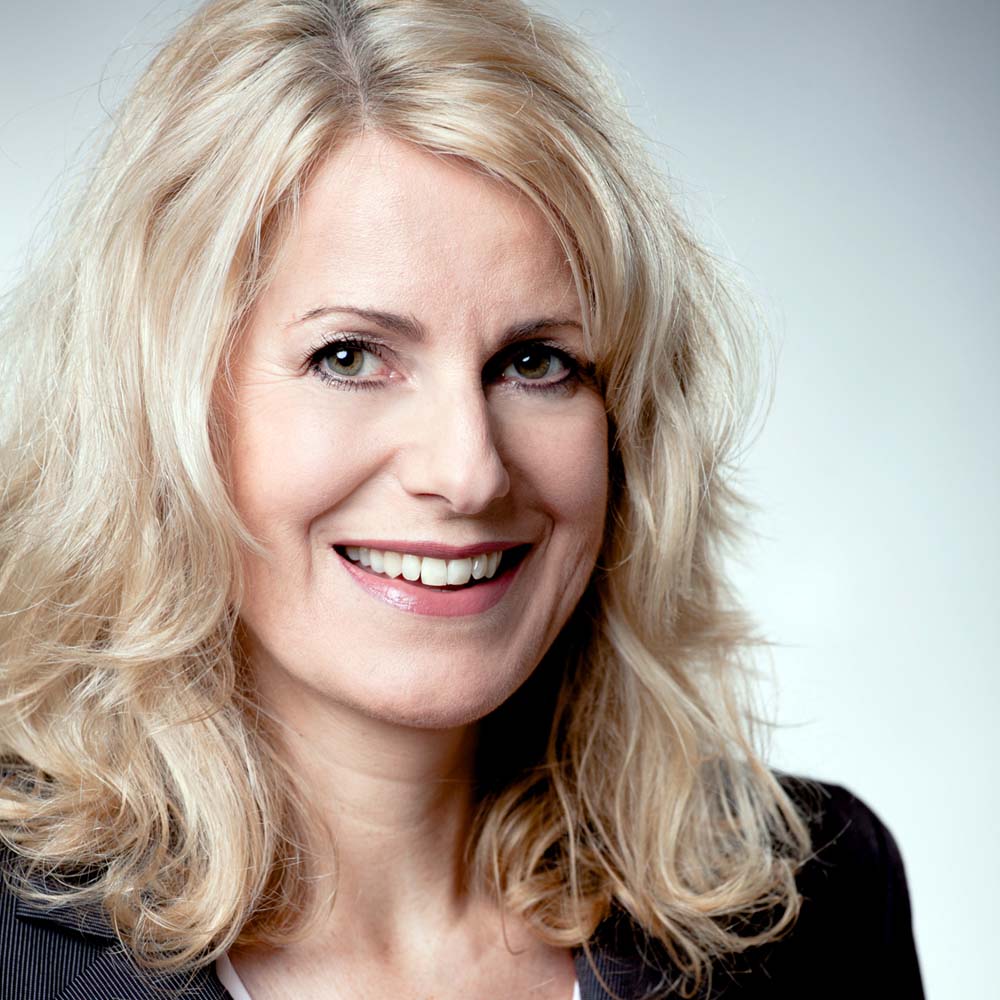
Thailand is developing its own tobacco plant-based coronavirus vaccine.
By Stefanie Rossel
It’s been almost a year now since Covid-19 broke out, and the pandemic still rages around the world. The spread of the virus has set off a global race for a vaccine—consensus among experts is that only an effective inoculation will end the contagion. As of Sept. 28, 40 candidate vaccines were in clinical evaluation and 151 were in the preclinical trial phase, according to the World Health Organization (WHO).
However, speed isn’t everything. Russia, which on Aug. 11 became the first country to approve a Covid-19 vaccine, soon faced criticism by researchers who highlighted questionable data in the vaccine trial results. AstraZeneca and Oxford University temporarily put on hold clinical trials for their Covid-19 serum after a participant showed an adverse reaction. In the U.S., President Donald Trump has politicized coronavirus vaccine approvals, insisting a serum was likely to be approved by election day (Nov. 3), despite reservations expressed by regulatory bodies such as the U.S. Food and Drug Administration (FDA).
While the trials are still ongoing, the WHO, physicians and vaccine manufacturers have already begun to develop different scenarios for the distribution of a serum once it has been approved. A vaccine shortage is likely in the early stages, and the issue of fair sharing has yet to be resolved. Several high-income countries have already secured contracts with leading pharmaceutical and life science companies, putting lower income countries at risk of missing out on a coronavirus vaccine.
To avoid this scenario, Thailand is developing its own vaccine. The kingdom is keen to avoid a repeat of its 2009 experience when the swine flu hit Asia. Although a vaccine against the swine flu was ready within two months after the outbreak, and Thailand had worked out deals with overseas developers to buy 2 million doses, the goods arrived only after the pandemic had subsided. By the time it was over, the virus had infected more than 47,000 Thais and killed 347.
First of its kind
Although Thailand has been doing comparatively well in the Covid-19 crisis, with roughly 3,600 infections out of its 68 million population by the end of September, the country nevertheless wants to avoid depending on imports. In August, the Thai government gave thb1 billion ($31.6 million) to the National Vaccine Institute (NVI) to support development and production of vaccines against the coronavirus and other diseases. Compared to other nations, the sum is small—the U.S. federal government, for example, has invested more than $9 billion, spread among seven companies, in the development of a Covid-19 vaccine. But if one of Thailand’s vaccine candidates will be approved for human trials, it will be the first such anticoronavirus vaccine developed in Southeast Asia.
“Governmental funding in Thailand is quite limited,” explains Waranyoo Phoolcharoen, associate professor in the Department of Pharmacognosy and Pharmaceutical Botany of Chulalongkorn University in Bangkok and head of development for a Covid-19 vaccine candidate. “To date, most vaccines are imported. There is currently no facility to produce the vaccine entirely—from laboratory to manufacturing and human trial—in Thailand.”
Chulalongkorn University, which has two centers in vaccine research and development, has become the focus of present vaccine developments against the coronavirus in Thailand. One initiative has applied mRNA technology transferred from the U.S., and another is using tobacco plants to develop an inoculation.
Tobacco plants have proven their potential as an efficient biopharmaceutical producer of vaccines. It’s a road other contenders in the race for a cure have chosen as well, among them U.S.-based Kentucky BioProcessing, a subsidiary of British American Tobacco, and Medicago, a privately held Canadian biotech company in which Philip Morris International bought a stake in 2008.
Basically, the manufacturing process involves identification and reception of genetic sequences from a pandemic strain to produce a virus-like particle (VLP), or antigen. VLPs resemble a virus, allowing them to be recognized readily by the immune system, but they lack the core genetic material, making them noninfectious and unable to replicate. Before the genetic construct representing the protein of interest is inserted, plants are seeded, germinate and grow. They are then genetically modified with the VLP in a technique known as transient expression.
With this transformation, plants incubate for several days during which they are reproducing the target protein. At this point, they are harvested and crushed to create a green-juice slurry. This liquid passes through filtration processes and sophisticated purification techniques to produce a final product. The process, which employs Nicotiana benthamiana, a close relative of the tobacco type used for cigarette production, can deliver a vaccine for testing in less than a month after production of the VLP.
Using tobacco plant technology has several advantages over conventional vaccine production processes. It can reproduce the antigen consistently with high fidelity and allows for rapid production of scale within a short period of time. It is also potentially safer given the fact that tobacco plants can’t host pathogens that cause human disease. In contrast to conventional vaccines, which often require refrigeration, a tobacco plant-based formulation remains stable at room temperature, making it suitable for distribution in warmer climates.
For Thailand, using tobacco has the additional advantage that the country can rely on its own resources, says Phoolcharoen. According to The Bangkok Post, Thailand has 10,450 tobacco growers, of whom 15 have production capacity of more than 12,000 kg a year. “Although we use different species of the tobacco used for cigarette manufacture, people have approached us and want to grow tobacco for our vaccine. The cost for tobacco cultivation is very low in Thailand—farmers view it as a business opportunity. Although funding is limited, molecular pharming matches the country.”
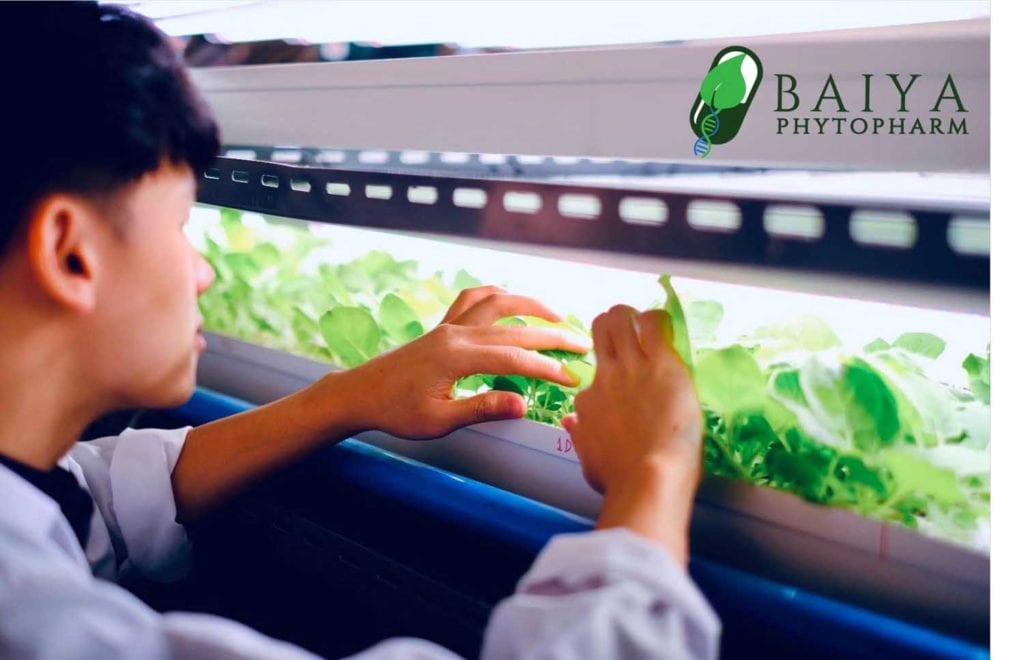
A chance for young researchers
For Phoolcharoen and her team, the Covid-19 vaccine project represents a unique opportunity. Eighteen months ago, she established Baiya Phytopharm, a biopharmaceutical startup, together with Suthira Taychakhoonavudh. The plant technology-based platform can produce biopharmaceutical products within weeks rather than months or years, which results in faster and lower cost research and development, Phoolcharoen points out. The team also worked on a cure for the hand-mouth-foot virus, which is widespread among infants in Thailand. The company also has products against rabies, cancer and the Ebola virus in the pipeline. With the advent of Covid-19, the platform shifted its focus and capacity completely to produce SARS-CoV-2 vaccines and therapeutic monoclonal antibodies.
If approved by Thailand’s Food and Drug Administration (FDA), the company’s vaccine would be the first to be produced from the laboratory to clinical trials in the country, Phoolcharoen says. “The business environment in Thailand differs largely insofar that the big pharmaceutical players only have their marketing side in our country but not the R&D and manufacture. For graduates in Thailand’s pharma industry, this means that there are hardly any adequate jobs. As a consequence, there is a lot of brain drain among highly qualified young scientists.”
Baiya Phytopharm aims to promote the commercialization of biopharma research in Thailand. “With the startup, I wanted to create a workplace for my students,” explains Phoolcharoen. “The company is based on the campus. My partner, the CEO of Baiya Phytopharm, is also a faculty member in the faculty of pharmaceutical sciences [at] Chulalongkorn University. She is a pharmacoeconomist taking care of business models, marketing and fundraising. I am responsible for research and use the platform for my students to give them practical lessons and experience. The students are all employees of Baiya Phytopharm and use the company’s project as their theses. We have post-doctoral researchers, Ph.D., master and undergraduate students presently work on different variations of the Covid-19 vaccine. This way, the students learn about planning, marketing—and about being rushed. We hope that there will be more biopharma startups like us in Thailand. The ecosystem will build up the capacity in the country, and in the future, we will be able to develop drugs and vaccines in the region, for the region.”
Positive results
In March 2020, Baiya Phytopharm launched a Covid-19 test kit and started studying its vaccine candidates in mice. Further trials of the vaccine on monkeys in June showed promising results: All primates generated neutralizing antibodies, which means that the antibodies induced by the candidate vaccine can block the coronavirus from penetrating or damaging cells. Meanwhile, the company has started toxicology testing on rats and is preparing for the clinical trial phase, which it hopes to begin next year in June.
Much of the timing depends on finding the right facilities for the production process. “In order to be allowed for use in humans, the tobacco plants with the inserted Covid-19 proteins need to be purified; tobacco proteins have to be removed,” says Phoolcharoen. “There are only two facilities in Thailand which can be used, but they have never done any purification of proteins.”
Her company is in talks with the NVI to see if it is ready to collaborate in the purification process of the vaccine candidates. If so, the vaccine could be ready for human trials around the beginning of next year. Otherwise, a new plant would have to be built, delaying the process by about nine months. Once facilities are available, more than 10 million doses of the vaccine could be produced in one month. The aim is to offer an affordable vaccine, possibly also to other Southeast Asian countries.
So far, Baiya Phytopharm mostly used the co-founders’ money and the donation for a Covid-19 test kit for its vaccine research. However, the startup is raising funds to finance the phase I clinical trial and is hoping for private investors. “We will start with a crowdfunding campaign,” says Phoolcharoen. To her, the vaccine development is a long-term engagement. “We know that something like the Covid-19 outbreak is likely to happen again. So it makes sense to be prepared.”
